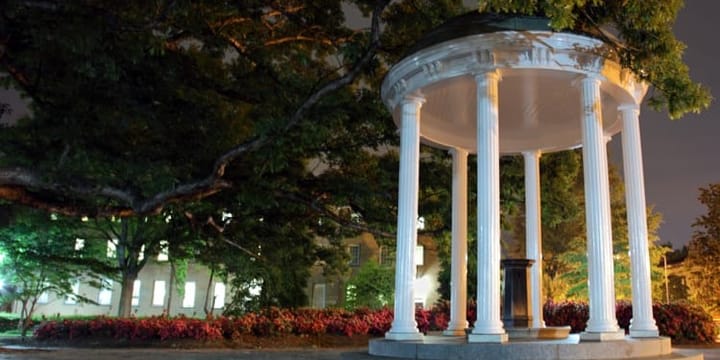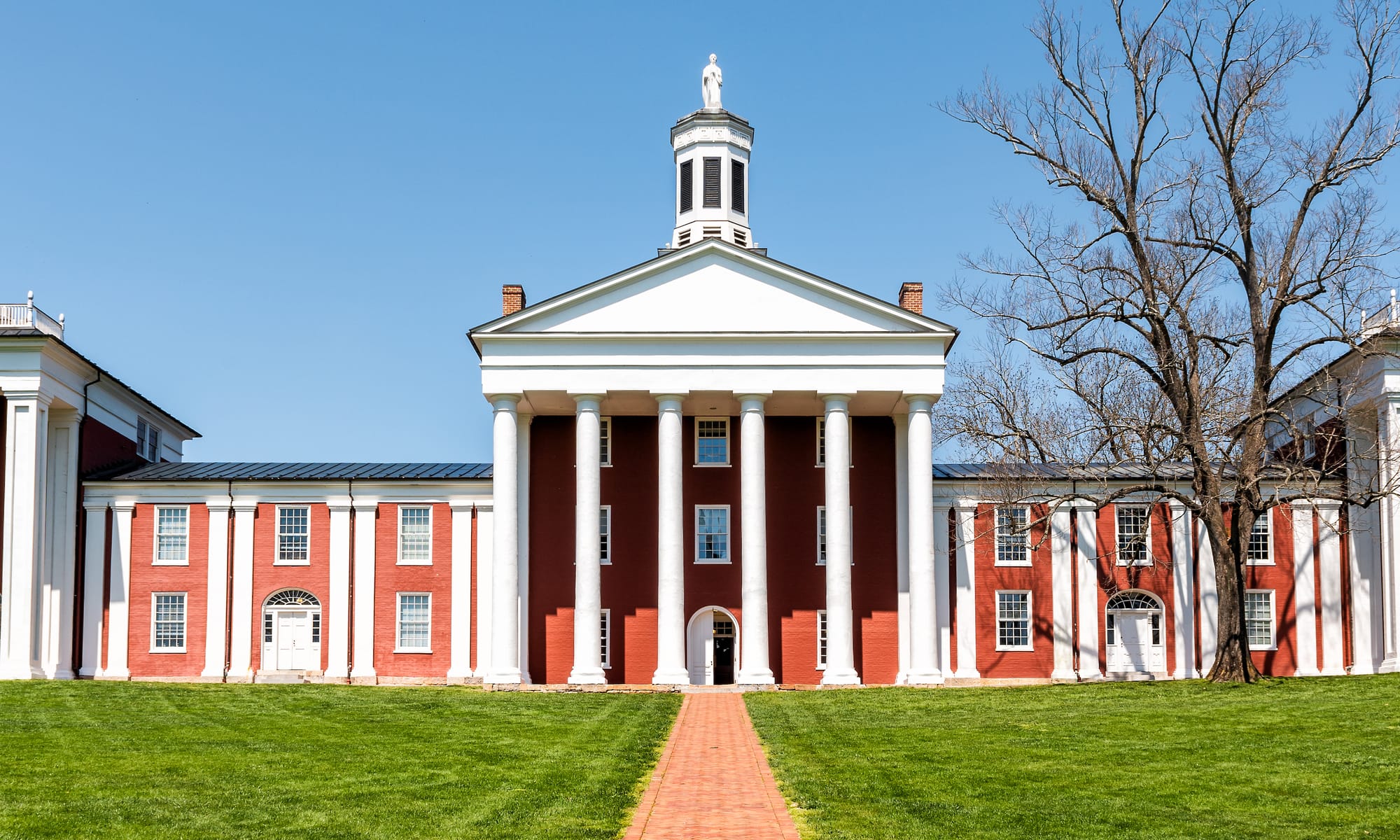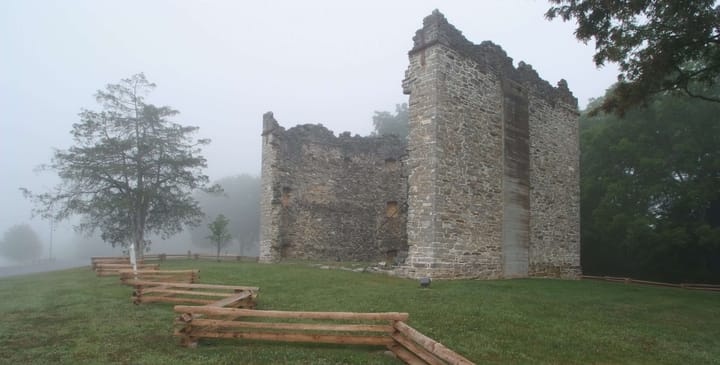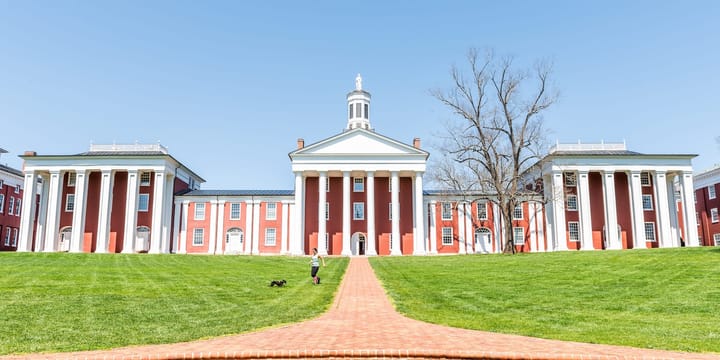Behind closed doors: academic freedom under attack at UNC-Chapel Hill
Former provost dues UNC-Chapel Hill Trustees over closed meetings about eliminating tenure.

The fight for academic freedom in American higher education has taken yet another turn. This time one of the nation's most prestigious public universities: UNC Chapel Hill. Former Provost Chris Clemens has filed a lawsuit that shows a secret effort by university trustees to undermine faculty protections.
A provost forced out for doing his job
In The Assembly, Matt Hartman's reports that Clemens was essentially forced to resign after informing faculty about the Board of Trustees' decision to postpone tenure votes. The March 2025 incident reveals a troubling pattern. Against all precedent, trustees used closed-door sessions not to discuss individual personnel matters—which would be legal—but to debate the very existence of tenure itself.
The lawsuit states:
"The closed session at issue was unlawful because the Board used the personnel exemption to conduct a policy debate on the existential value and global costs of tenure—subjects that must be addressed in open session."
This is more than a procedural violation; it's a deliberate attempt to hide policy decisions that fundamentally alter he nature of academia itself. They are hiding the effect on academic freedom from public scrutiny.
Secrecy as a weapon
The lawsuit alleges that UNC trustees have "systematically hidden matters of grave public concern by illegally using closed sessions and encrypted messaging apps such as Signal.
These incidents are not isolated. They fit into a broader pattern that includes discussions about athletics finances, conference realignment, and coaching contracts—all conducted away from public oversight.
When Clemens fulfilled his duty to inform academic leadership about the tenure delays, Board chair John Preyera ccused of "betrayal." The message was blunt—loyalty to the board's secrecy mattered more than transparency to faculty and the public.
Another front in the assault on academic freedom
We've seen some flavor of this endgame at university after university nationally. Politically appointed boards systematically try to destroy the foundations of academic freedom. Tenure has become a particular target, with trustees arguing it's "too expensive" and limits "staffing flexibility."
But tenure isn't just an employment benefit—it's the cornerstone that allows faculty to pursue controversial research, challenge orthodoxies, and speak truth to power without fear of retaliation.
And there's the crux of the matter right there. Tenured academics cannot be muzzled or made to toe the line with major repercussions and bad PR.
They won't stop either
Faculty at UNC-Chapel Hill have voiced "widespread opposition" to these tenure delays. They understand that a lack of job security will preclude universities from attracting top scholars and maintaining their research mission.
When trustees operate in shadows, they're not only violating open meetings laws, but they are also attacking the very principles that make universities engines of knowledge and democratic discourse.
The outcome of this case will signal whether public universities can maintain their independence and commitment to academic freedom. If they cannot, they may continue tto become institutions controlled by political appointees operating in the shadows.
And higher education as it has served this nation for generations will be lost.
Non in cautus futuri.



